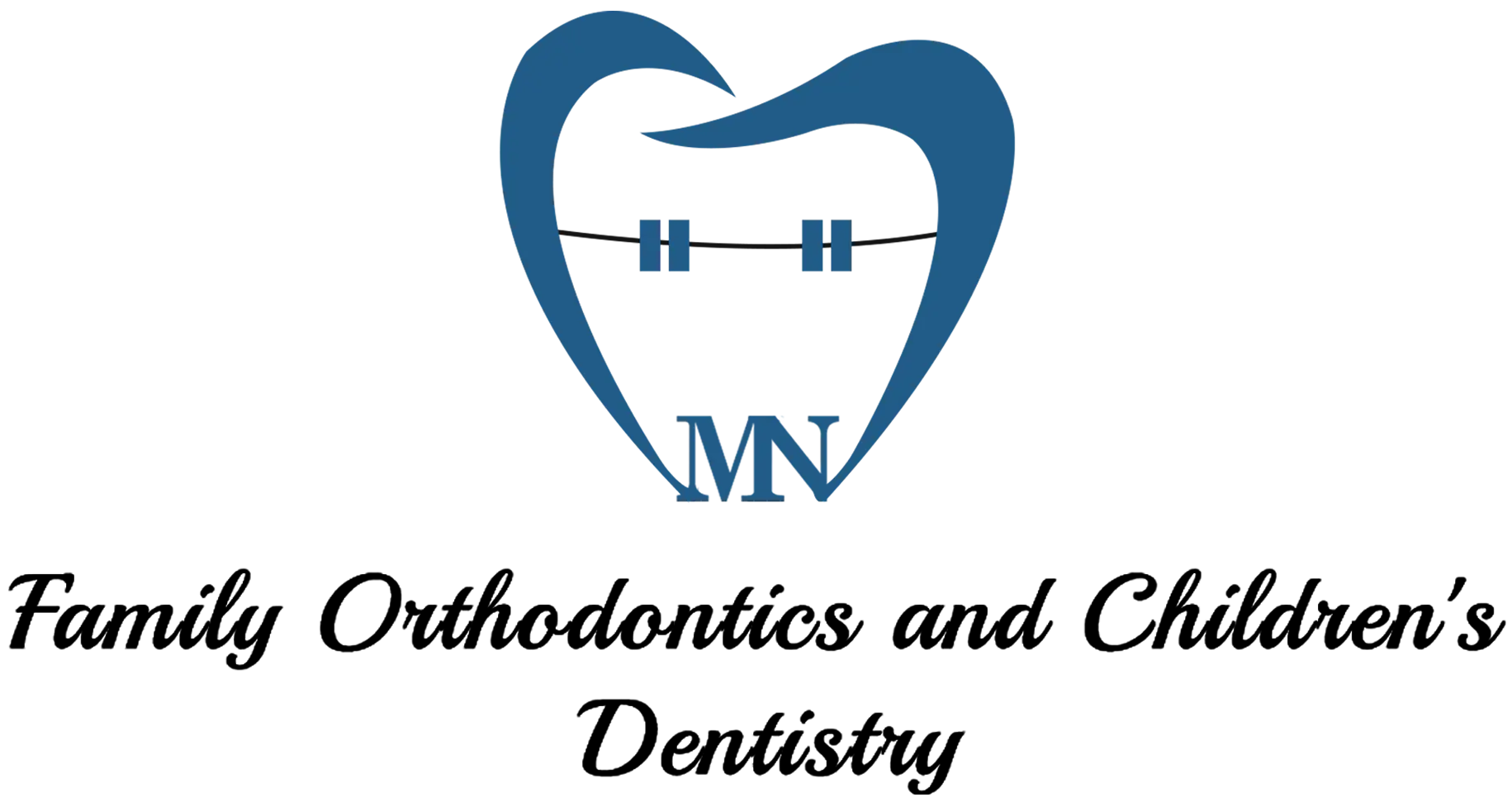Pediatric Frequently Asked Questions
Soft-bristled toothbrushes with small heads are perfect for removing plaque and bacteria from your baby’s teeth. You brush your baby’s teeth at least once a day, particularly at bedtime.
Absolutely. Actually, we recommend two visits a year for patients of all ages to prevent future oral health concerns and keep smiles healthy for life.
These habits are generally not a problem as long as they don’t go on for a long period of time. If these problems continue past the age of three, the dentist may recommend an oral appliance.
The best way to prevent decay is to avoid nursing your child to sleep and only put water in his bedtime bottle. Also, make sure that you are cleaning your child’s teeth properly and that you schedule an initial dental appointment prior to your child’s first birthday.
We recommend that all patients, regardless of age, come in for a check-up and cleaning every six months. This helps to prevent cavities and related issues.
The ADA recommends using a smear of fluoride toothpaste about the size of a grain of rice for children younger than 3. For children aged 3-6, use an amount no larger than the size of a pea.
Sealants work by shielding the chewing areas of the teeth from food particles that cause cavities. Dental sealants can protect teeth for years from a single application.
We offer custom-fitted mouthguards to protect your child’s teeth, lips and face from sporting injuries.
Time is very much of the essence in these situations. If you still have the tooth, rinse it gently and attempt to place it back into its original socket. If this isn’t possible, place it in a cup of milk instead and bring it with you to one of our offices right away.
We use a digital x-ray system that reduces the amount of radiation patients are normally exposed to by 90%. Our x-rays are the fastest, safest available.
Parents can help prevent tooth decay by bringing their children to the dentist every six months in addition to teaching their children proper eating and teeth-cleaning habits.

